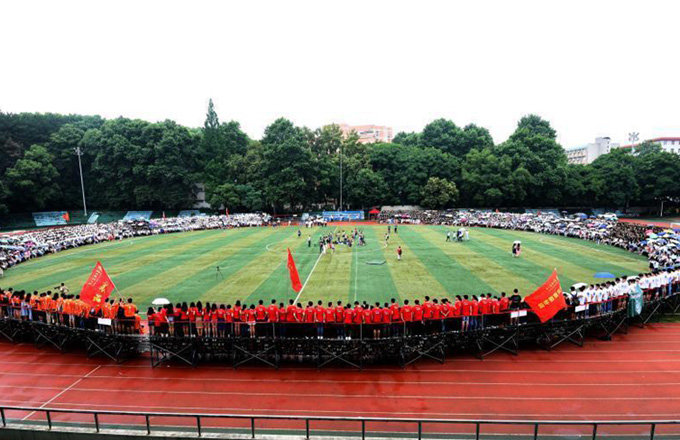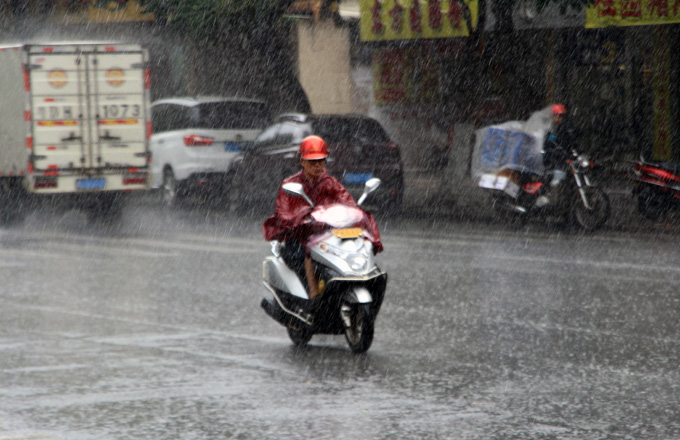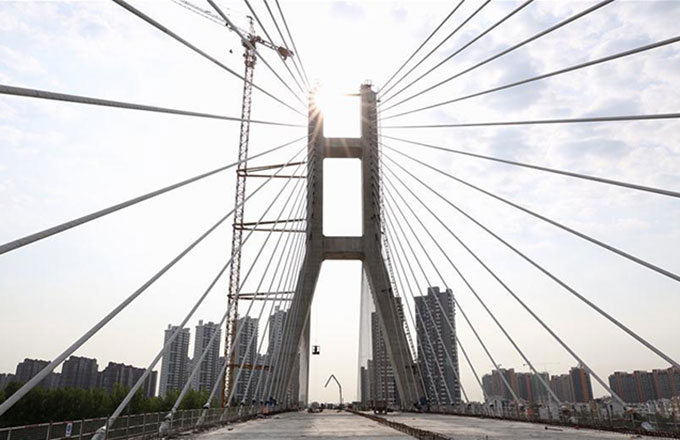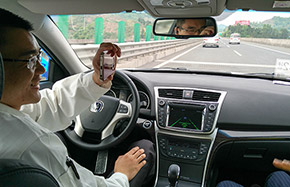Residents win more suits against officials
China has seen a significant rise in the number of residents filing - and winning - lawsuits against government departments after a shake-up in the law, the top court said on Tuesday.
Last year, courts nationwide resolved 225,020 such lawsuits, known as administrative cases, an annual increase of 13.2 percent, according to the Supreme People's Court. More than half were related to the plaintiff's livelihood, such as disputes over demolitions.
"In the past, it used to be difficult just to file an administrative case with a civil court, let alone win," said Wang Zhenyu, deputy chief judge of the top court's Administrative Tribunal. But things have changed since the Administrative Procedure Law was revised in 2015, he said.
Governmental departments lost 32,895 administrative cases in 2016, a loss rate of 14.62 percent, up by 0.84 percentage points on the previous year, according to the Supreme People's Court.
"The loss rate was about 7 percent before the law was revised," Wang said. "Some government offices were sued because they abused their powers or disobeyed procedures while handling administrative affairs, while others were accused of inaction."
Zhang Yan, a judge who handles administrative case hearings at Beijing No 4 Intermediate People's Court, said she noticed the change.
She said the rapid increase in cases is the result of the revised law requiring courts to accept all cases immediately, while before, cases were first subject to a review. That gave government officials an opportunity to interfere, she said.
"In the past, my record for handling cases was 150 a year, but since 2015 the number has been over 200 a year," Zhang said.
She said she does not think losing a lawsuit is a "bad thing" for governmental departments. It is good for them to understand how to tackle administrative affairs by rule of law, she added.
For example, a traffic police team in Taiyuan, Shanxi province, lost a lawsuit after impounding a resident's car without any written explanation for a long time, according to a case cited in materials released by Supreme People's Court on Tuesday.
"The resident submitted materials several times to say why his car had no visible certificate to show it had gone through a yearly service when it was impounded, but the police still held onto it," Wang said, adding that this was an abuse of power.
"It was OK to check the resident's car to keep roads safe, but the more important thing is to clarify the line between law enforcement and abuse of power," he added.
Liang Fengyun, a judge of the top court, agreed. But he also said residents who abuse appeals of their rights or try to make money through fake lawsuits will be punished.
The top court will issue a guideline to avoid improper lawsuits this year, he added.



















